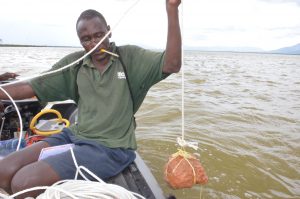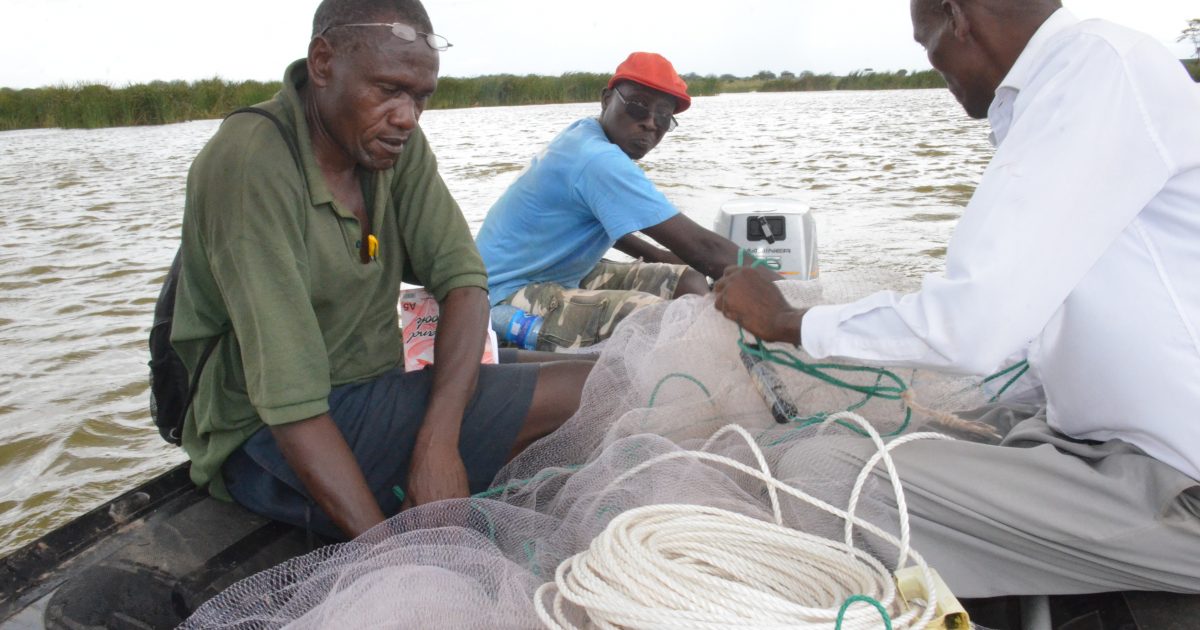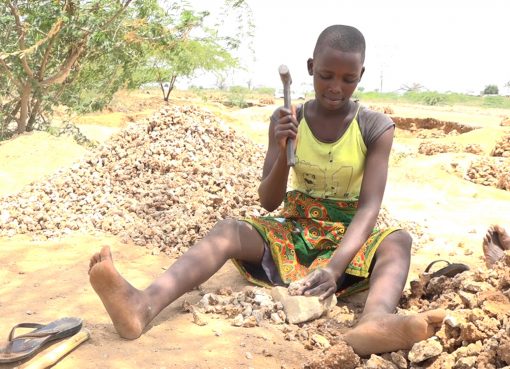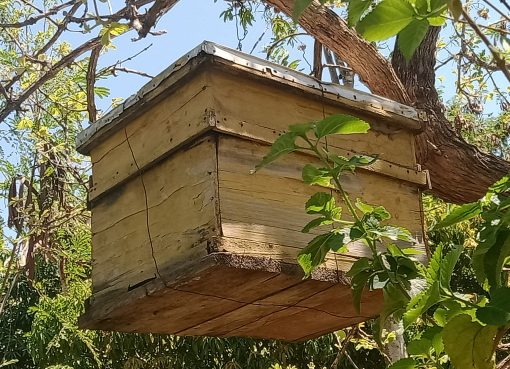
The Kenya Marine and Fisheries Research Institute (KEMFRI) has partnered with Taita-Taveta County government to conduct a scientific survey on Lake Challa and Jipe to explore modalities of sustainable fishing in the two lakes.
Lake Challa and Lake Jipe, both in Taveta sub-county, are trans-border lakes straddling the Kenya-Tanzania border.
Fishermen in villages neighbouring the lakes from both sister States exploit the lakes through fishing.
The joint research will take two-weeks and will establish amongst others, the fish species and population, lake depth, water currents and strength, levels of pollution and ecological threats facing the lakes.
Speaking to KNA on Wednesday, County Executive Member for Agriculture, Livestock and Fisheries, Davis Mwangoma said the findings of the survey would form the basis for developing a fishing policy in the county.
He pointed out that lack of a comprehensive fishing policy had adversely affected the fishing sector, adding that issues bedeviling the sector included weak regulatory framework, funding for fishing industry and sustainability.
Mwangoma said the ultimate aim of the report was to form a roadmap for commercialization of the fish industry and introduction of aqua-culture.
“We have not fully exploited these two resources but with the research, we will find a ground for sustainably exploiting these lakes,” he said.
The research will further allow the county to establish proper breeding grounds for fish where breeding could be set up for fish farming.
The county targets to start producing fingerlings to populate over 200 fishponds in the four sub-counties of Voi, Mwatate, Taveta and Wundanyi.
Dr. Joseph Kamau, a researcher with KEMFRI, said the research would answer many questions about fish farming and sustainability in the county. He further disclosed that water levels in Lake Challa has been falling over the decades, a situation that might affect fish population and behavior in the lake.
“By time we are through, we will be able to tell you the amount of fish you have and how you can boost production,” he said.
The research will also establish the recommended annual fish harvest and best sites to set up breeding cages for local fishermen.
Preliminary tests done on the lake Challa showed that high population of large families of fish existed within the depth of 20-40 meters while smaller fish live between 50-60 meters.
Most fishermen were however unable to effectively harvest fish from the lake due to lack of proper equipment that could reach those depths.
Lake Challa is a crater lake and home to Lake Challa tilapia. The fish is listed as critically endangered by International Union for Conservation of Nature (IUCN). It is fed by underground rivers that originate from Kilimanjaro in Tanzania. Since the 80s, the water levels have drastically reduced due to climate change and suspected degradation around Kilimanjro in Tanzania.
The effect has been blamed for the reduction of fish catch at the lake with the remaining fish population fleeing from the surface and existing at deeper levels where traditional fishing equipment could not reach.
Lake Jipe is considered more secure because the large part of the marine resource falls in Tsavo West National Park under Kenya Wildlife Service. The Northern edge of the lake falls in Mkomazi Game Reserve in Tanzania.
Elsewhere, Fishermen in Siaya County have been warned to desist from the habit of conducting illegal patrols on the waters of Lake Victoria.
The Chairman of Siaya County Beach Management Units Network, Meshack Okuku Ndiege says that all patrols must be those that have been legally approved, in accordance with the Fisheries Act.
He has warned that they would not allow any beach to release its members for patrols on the lake if such arrangements have not been approved by the authorities such as the fisheries department and the BMUs Network because that is what encourages piracy on the lake.
The Chairman who spoke to KNA stated that they have noticed that some fishermen were leaving their beaches while armed with crude weapons in the name of doing patrols and eventually ended up attacking and illegally arresting fellow fishermen on the lake.
Okuku cited a case of Kogonga beach in Rarieda sub-county where members allegedly left for patrols without even informing the relevant authorities and ended up arresting fishermen from Kendu Bay before locking them up in some kangaroo cell and eventually demanded for payment.
He warned that such habit shall not be allowed to continue, noting that any patrols must be organised in liaison with the fisheries department and the Kenya Coast Guards that have the sole mandate of doing patrols on the Lake Victoria waters.
The BMU Network Chairman warned that all beaches found encouraging piracy on the lake would be disbanded in accordance with the provisions of the coast guard services operations.
He therefore stated that the leadership of Kogonga beach in Rarieda sub-county would be dissolved and a caretaker office be put in place pending fresh election of officials to serve as an example to other beaches that have similar habits.
By Wagema Mwangi/Brian Ondeng’





